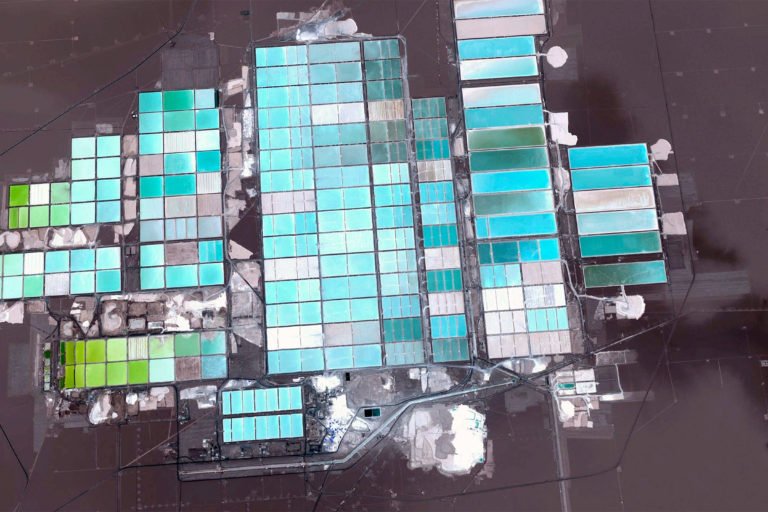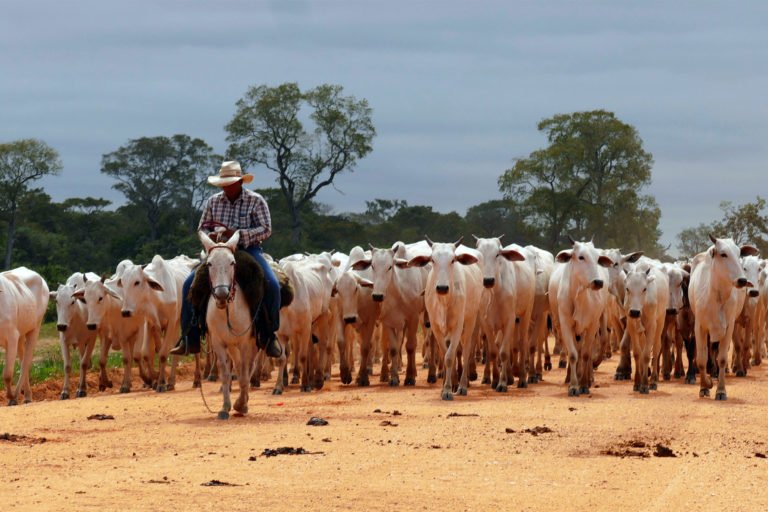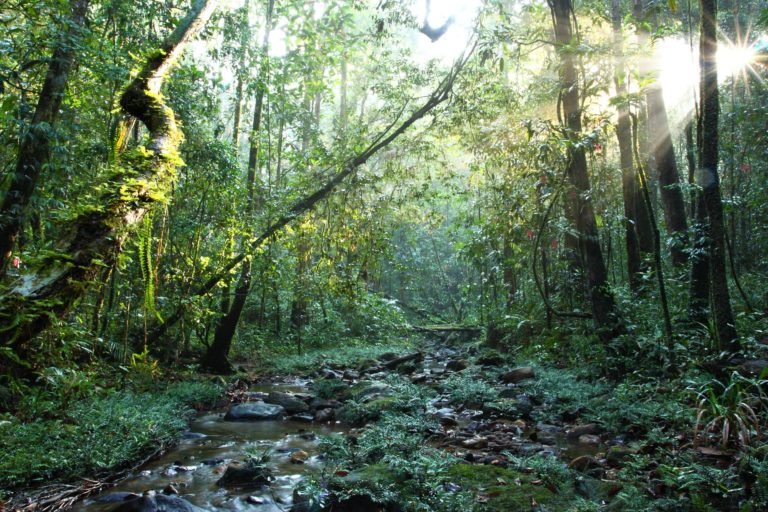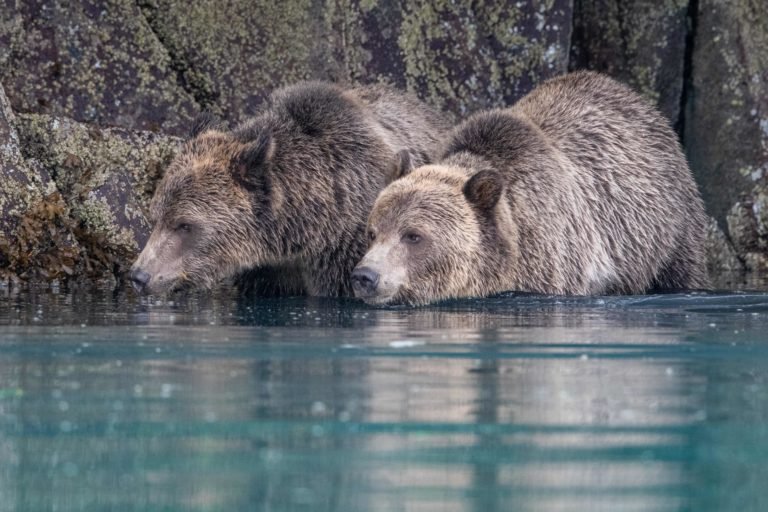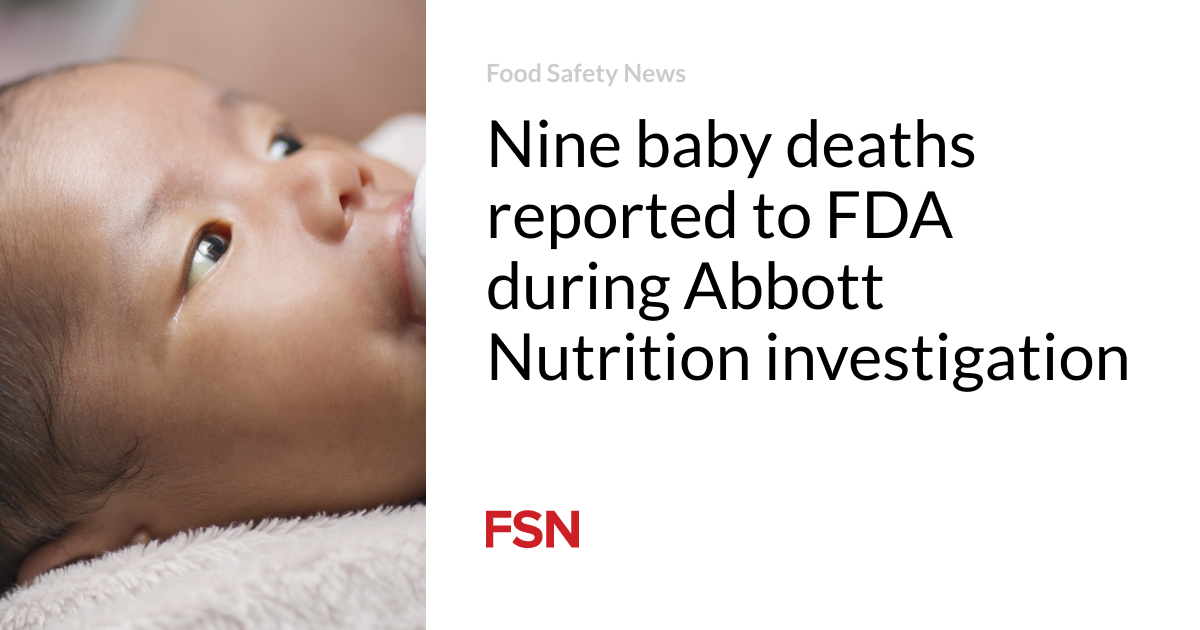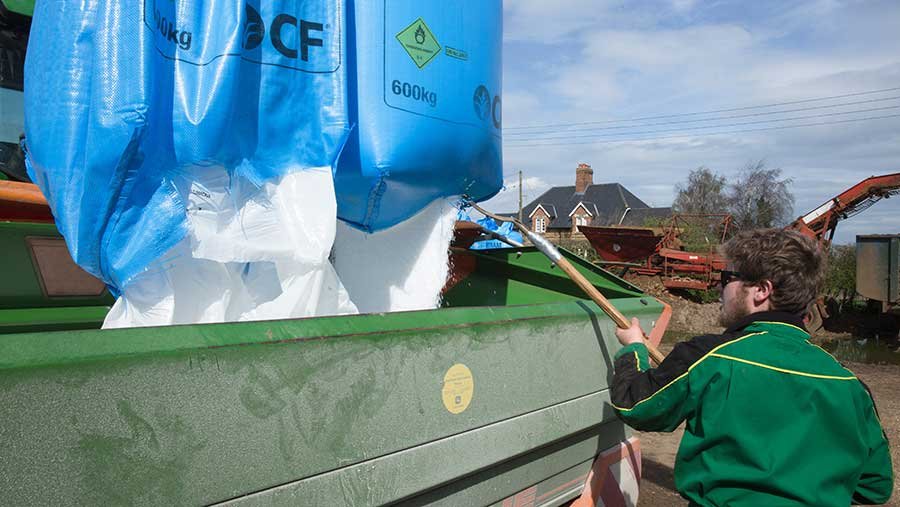- Indonesia is one of the world’s biggest producers of plastic and a top source of plastic waste in the ocean.
- The passage by the U.N. of a draft resolution toward a Global Plastics Treaty provides a key opportunity for Indonesia to take a leading role in ushering in a transition to a world without plastics, the authors argue.
- This article is a commentary. The views expressed are those of the authors, not necessarily of Mongabay.
March 2 marked a historic day for the global effort to eradicate plastic pollution. The United Nations Environment Assembly (UNEA) finally passed a draft resolution to create an international, legally binding instrument to end plastic pollution. Hopefully, this important initiative will significantly address the global plastic pollution problem, and therefore Indonesia must support and take leadership to ensure an effective treaty.
There are at least two reasons why Indonesia should take a significant role in negotiating the Global Plastics Treaty. First, Indonesia has suffered from plastic pollution. According to the World Bank, Indonesia generates around 7.8 million metric tons of plastic annually, with more than half of it mismanaged. Nearly 5 million metric tons of plastic waste in Indonesia go uncollected or “disposed of in open dumpsites or leaked from improperly managed landfills,” the World Bank says.
This mismanaged plastic waste has been a significant threat to Indonesia’s marine environment since it ends up in the ocean. Indeed, Indonesia is the second-largest marine polluter, after only China, contributing to 10% of the world’s marine pollution, with 3.22 million metric tons of waste annually.
This huge amount of marine plastic pollution not only threatens the livelihood of Indonesia’s coastal communities, but more importantly, it has destroyed the sustainability of the ocean, which contributes a huge part to climate change.
Secondly, in 2017 Indonesia created a National Plan of Action on Marine Plastic Debris 2017-2025, which committed to reducing 70% of plastic waste by 2025. The document outlines Indonesia’s national strategy to improve behavioral change, reduce land- and sea-based leakage, reduce plastic production, policy reform, and law enforcement. However, plastic pollution is a global problem that Indonesia’s national strategy alone cannot solve. Therefore, realigning Indonesia’s national strategy and ensuring an international legally binding treaty to combat plastic pollution is very important.
Finally, after China closed its gates to several import commodities in 2018, notably plastic waste and scrap, these became a burden for Indonesia and other Southeast Asian countries. Ironically, this trade happened because of the United States and Europe’s inability to manage their own plastic household waste, hence their need for countries like Indonesia to dispose of their waste. Much of this plastic waste and scrap ends up being burned for fuel in small factories, dumped in open dumps, or reexported by the government.
The new resolution passed by the UNEA is indeed a bold and significant step for the international community to really tackle the issue of plastic pollution. With the significant threat of plastic pollution to Indonesia’s environment as well as its commitment in significantly reducing marine pollution through its national strategy, the UNEA resolution should create momentum for Indonesia to take a leadership role in creating a legally binding treaty that will reduce global plastic pollution.
To ensure its leadership and commitment to the Global Plastics Treaty, Indonesia could create an inclusive forum consisting of all stakeholders, not only from the government but also civil society, NGOs, environmental experts, and lawyers, to formulate Indonesia’s national positions in the negotiation of the Global Plastics Treaty, to ensure there will be an effective treaty that will tackle the issue of plastic pollution.
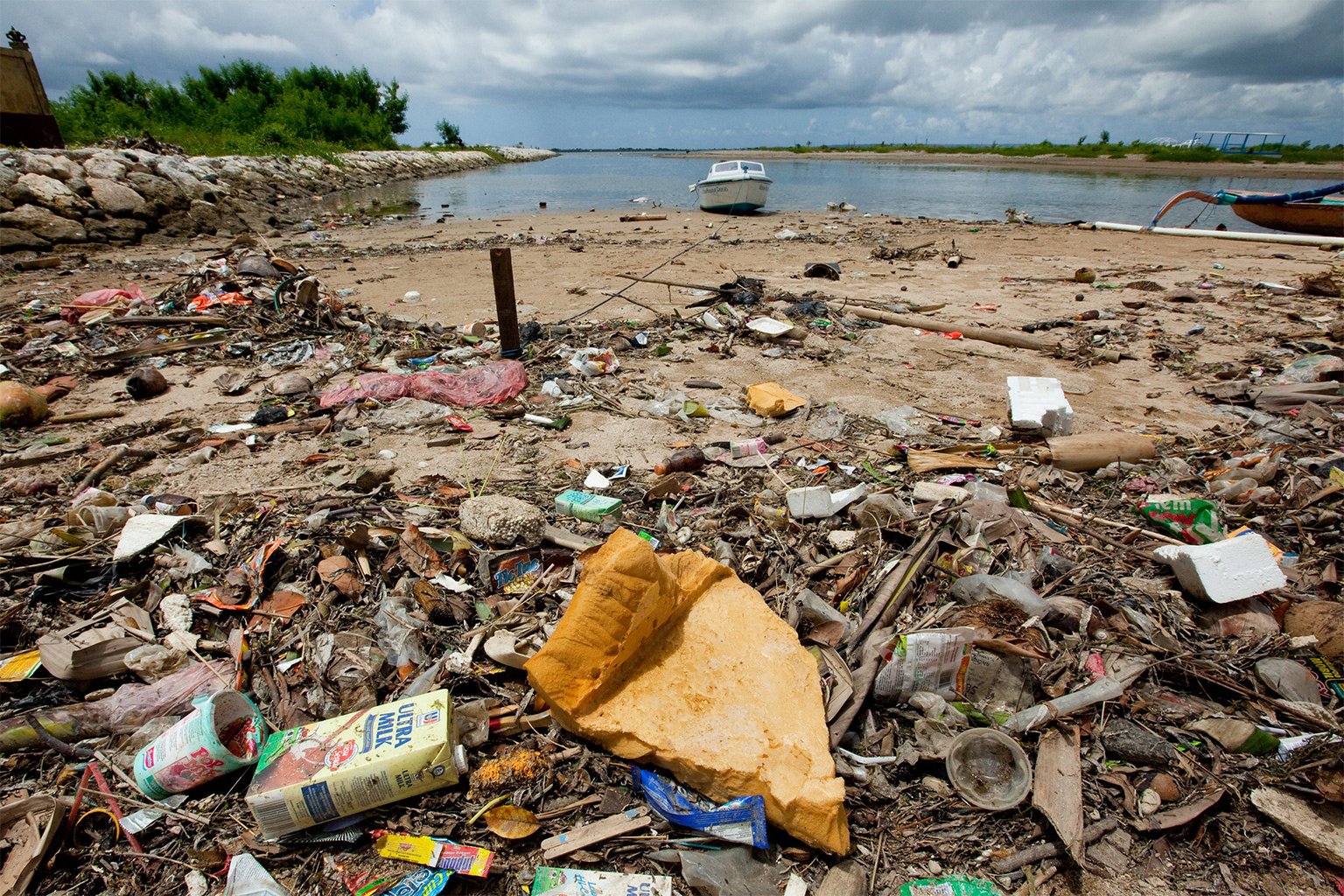
In the meantime, there are at least three main issues that Indonesia should be taking into account in the negotiation process. First, Indonesia should promote acknowledgement of the full life cycle of plastic, starting from extraction of raw materials, production in petrochemical industries, use of plastic products, recycling, and plastic waste management. Only by taking this approach can the magnitude of plastic pollution be fully addressed in the plastics treaty; because at each stage of the plastic life cycle, plastic has great potential to impact the environment and human health.
Second, Indonesia could take a central position to promote acknowledgement of extended producers’ responsibility in this treaty, since Indonesia is one of the countries that already regulates extended producers’ responsibility in its national regulation. Top global plastic polluters are multinational companies such as Coca-Cola, PepsiCo, Nestlé, and Unilever, hence it needs a global effort to hold these multinational companies responsible.
Without this standard, multinational companies tend to use false solutions as their way to manage waste, especially in developing countries (which cost them a lot of money), such as chemical recycling and refuse-derived fuel that harms the environment, instead of investing in reuse as a solution to their waste. Therefore, in this treaty, reuse systems should at least come as a required standard solution.
Third, if this treaty is ratified, the transition into a world without plastic will drive several industries and informal sector workers to change their ways of conducting business. For example, there will be less plastic waste for waste pickers to collect, and plastic packaging industries will lose their income because they will be put under more restrictions than before. Therefore, Indonesia, as a country with many informal sector workers and labor-intensive industries, needs to pay special attention to how a just transition will be regulated and implemented in this treaty, in order to make sure these workers will still have a job at the end of the day despite the implementation of this treaty.
It is time to make Indonesia’s voice heard in the Global Plastics Treaty to ensure a world without plastic for the sake of our Mother Earth and future generations.
Banner image: A single-use plastic water bottle found by a snorkeller in The Gili Islands, Indonesia. Image by Brian Yurasits via Unsplash.
Aristyo Rizka Darmawan is a lecturer in international law at the University of Indonesia. Bella Nathania is a researcher at the Indonesian Center for Environmental Law (ICEL).



